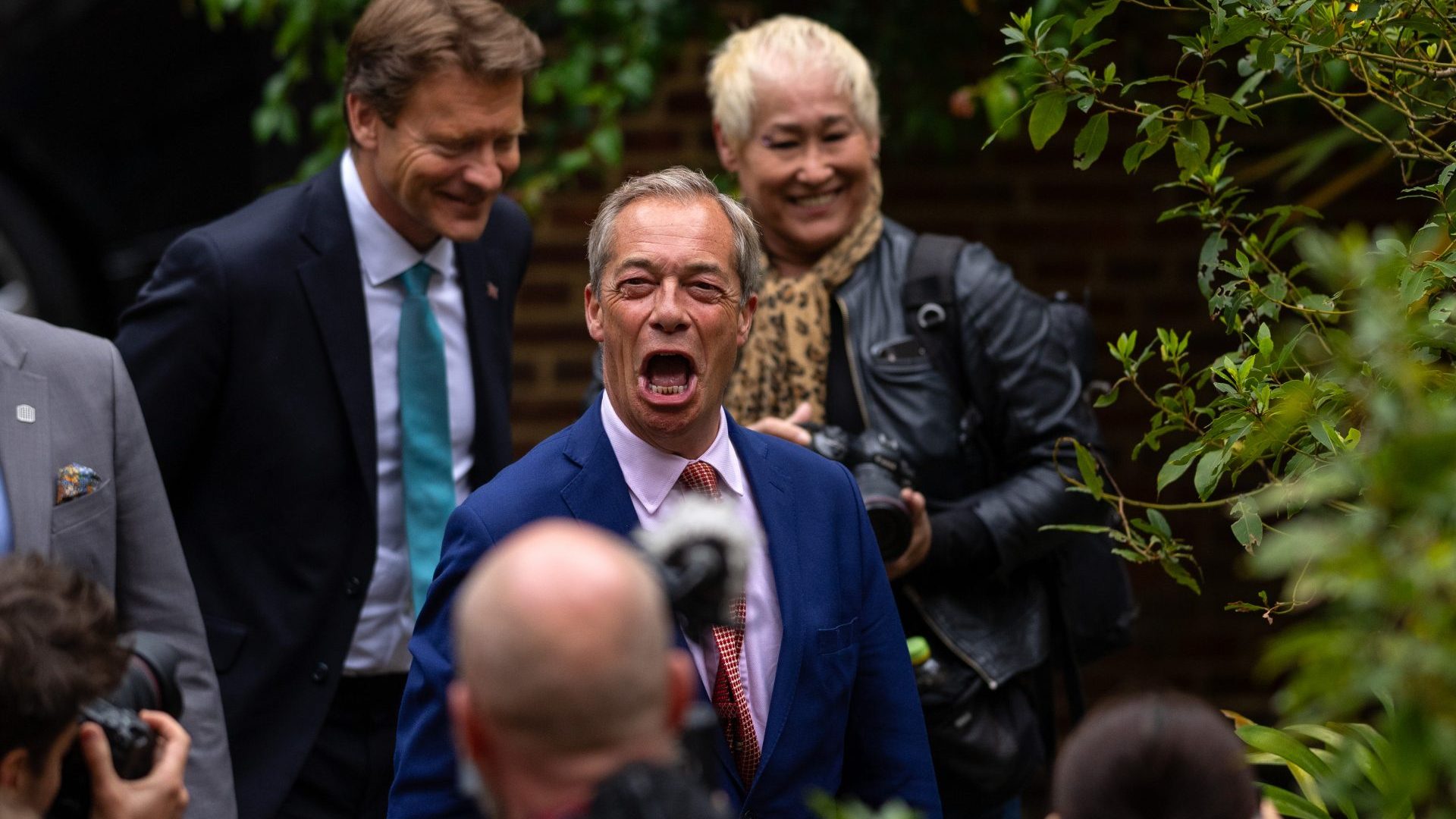You could almost come to pity Rishi Sunak. While he is out ostensibly trying to win the general election, different factions of his party are all but openly fighting the succession battle for after he’s gone.
For Conservatives looking ahead to their post-election future, uncertainty about the scale of the impending electoral disaster is a real challenge. Not all landslides – assuming it is a landslide – are created equal.
A Conservative Party with 165 seats (their 1997 result) is in a very different place to one with 130, while a Tory party with 100 seats or less could face existential challenges. At that stage there is no way to predict exactly which MPs will hold their seats (individual seats are extremely unpredictable in large swing elections) and what that means for the composition of the party.
More seriously, the remnants of the party are left trying to fund research into what went wrong, to hire and retain staff for the rebuilding operation, and everything else – just when its donors have the least reason for giving, or interest in doing so. Each seat you lose means the party receives less “short money” (public money given to opposition parties), and if the Tories slipped to third place in numbers of seats, they would lose a further £1 million in public funding.
All of this makes the open flirtation between some Conservatives and Nigel Farage more significant. There is still a huge grouping within the Tory party that regards Farage as anathema to Conservative values, and who would strongly reject him.
But if Reform manages a strong result in the 2024 election, if the Tories have a sub-100 seat result, and if the right-wing faction within the Conservative party wins out, the idea of either a Tory-Reform alliance or an eventual merger might start to look viable.
The very prospect of the UK’s self-styled “natural party of government” merging with a party-cum-private-company operated by Nigel Farage is alarming and appalling enough for some. For those who are paying attention to the details, though, it is more worrying still.
The manifestos, such as they are, of fringe parties like Reform are generally broadly ignored because they will not be enacted. In this case, though, there is a case that Reform could be in some form of partnership with a supposedly mainstream right wing party – and so scrutiny of Reform is merited.
Reform has until today said it would not offer a manifesto but instead that it would issue a “contract with the nation”, which would continue to be on draft form and regularly updated, perhaps even beyond the election. Nigel Farage has already publicly pooh-poohed some of its proposals, giving the party the flexibility to drop any of them if they wilt under scrutiny – even after their official launch today.
Liz Truss’s mini-budget – which sent a horrified shockwave through the bond market, the mortgage market, the stock market and the pensions system – proposed £20 billion of immediate tax cuts and a further £160 billion of cuts over a five-year parliament. Reform’s manifesto makes Truss’s budget look positively Starmer-ish in its caution. It calls for £88 billion in tax cuts, which would amount to something like £500 billion plus over the course of a parliament.
It calls for an “immediate” halt to all “non-essential” migration, which would likely bring the economy (and NHS) to its knees. It would introduce vouchers for private treatment for anyone who couldn’t see their GP in three days, a consultant in three weeks, or get an operation in nine – which would inevitably and rapidly lead to the disintegration of the NHS.
It makes the seemingly modest claim of finding “£5 in every £100” of savings in public sector spending, which might sound almost reasonable in the context of a government department. But it is much more difficult when you consider that spending overwhelmingly consists of things like pensions, benefit payments, and salaries for doctors, teachers and police officers.
Collectively, it is as extreme as it is nonsensical. It is the kind of policy that might get thrown together in a pub after several too many – it sounds radical and perhaps even good in places until you engage your brain. It has nothing to do with what is reasonable, workable or even possible.
In short, it has nothing to do with what are supposed to be the core tenets of British Conservatism. The very fact that a merger or some other cooperation is seen as possible is itself evidence of how deep the crisis in the Tory party is. If it ever became a reality, it would surely mark the death knell of old school Conservatism.
The Conservative Party is the great survivor of British politics, not least thanks to its philosophy of self-preservation at all costs, a rule that is ruthlessly enforced by the “men in grey suits”, the party’s pitiless enforcers.
The question is this: after election 2024, will the Conservatives have enough men in grey suits left to see off this disaster?










